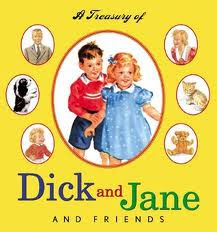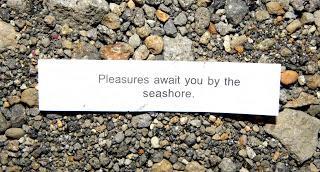We’ve all heard how American kids are spoiled, whiny, co-dependent little zealots who are permitted to survive on boxed mac and cheese while their mothers drift off to Zanax-land because their demanding darlings still won’t sleep through the night at age four. Whether or not you agree with this is immaterial. This is how much of the world sees us.
We give into our kids food cravings because we are afraid they will starve themselves to death.
We permit them to wake as often as they want at night, always rushing in to sooth them at their first call.
We spend our lives shuttling them from Gymboree to gymnastics from toddlerhood on, intent on giving them structured play time so they never feel bored.
We play with them on demand so they never feel ignored or unloved, and push off our chores until they have finally drifted to dreamland, sacrificing our chance for some leisure time to catch up on laundry.
We turn ourselves inside out trying to appease our little major generals. They rule our world. And they know it.
The French, simply don’t.
We all knew those French were different. But, zut alors, perhaps we didn’t know how different. First we discover French women don’t get fat, and now they are better parents as well?
According to all the buzz, Bringing up Bebe: One American Mother Discovers the Wisdom of French Parenting celebrates les Français strict, yet hands-off approach to parenting. Pamela Druckerman, an American journalist raising her children in France, dispels the myths of typical American parenting vs. the traditional French approach in her new book.
For example:
- French kids eat real food. Sitting at a table, with adults, using silverware and napkins and manners. Their plates are more likely to be filled with broccoli and brie than chicken nuggets.
- French babies sleep through the night at a very young age. It is the typical French practice to start teaching infants how to sleep through the night as early as two or three months, supposedly not through a strict Feberization, but more of an “attentive listening” process.
- French children throw far fewer temper tantrums than their American counterparts. They are taught to delay gratification, that they can’t always get what they want (sing it, Mick), and they are allowed to figure out how to resolve their own spats while their parents watch and nibble on a croissant.
- The French parenting ideal is called the cadre or frame. Children have strict, set rules for things such as school/daycare arrivals and departure times, meals, and naps. But how they spend the rest of their time is up to them. Boredom is encouraged, so children to learn how to amuse themselves.
- French parenting, as described by Druckerman, is “a combination of being very strict about a few key things but also giving children lots of freedom.” No helicopter moms in French airspace.
- French parents claim to be far more relaxed and laid back. Their children are not the center of the universe at all times. “French mothers assume that even good parents aren’t at the constant service of their children and that there’s no need to feel guilty about this.”
Happy parents lead to happy children, non?
Honestly, this sounds quite a bit like how I parent. And I cannot tell you the amount of merde I get for my parenting style.
Since I can’t afford to move to France (yes, it is a dream — lavender fields, good food, fine wine…) I will appease myself by reading this book, so I can discover if the French really do have more of a clue about parenting.








 ər
ər


























